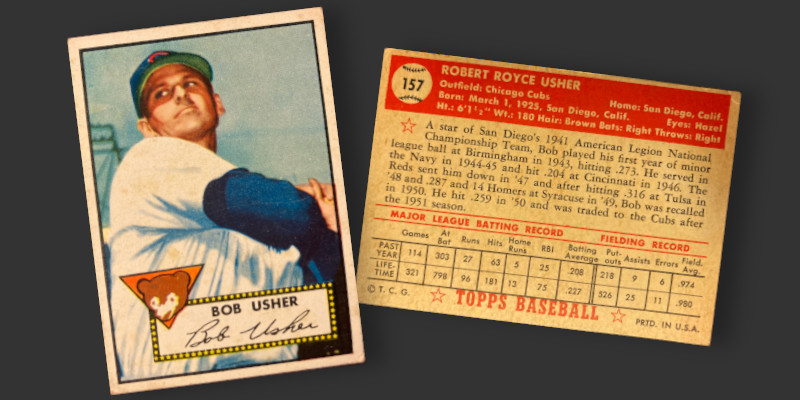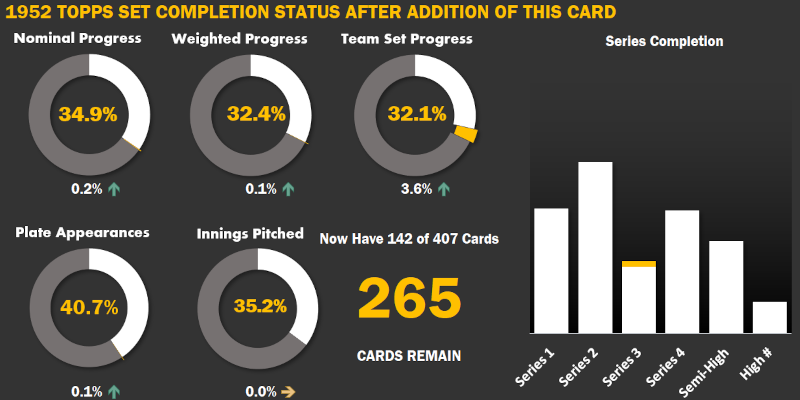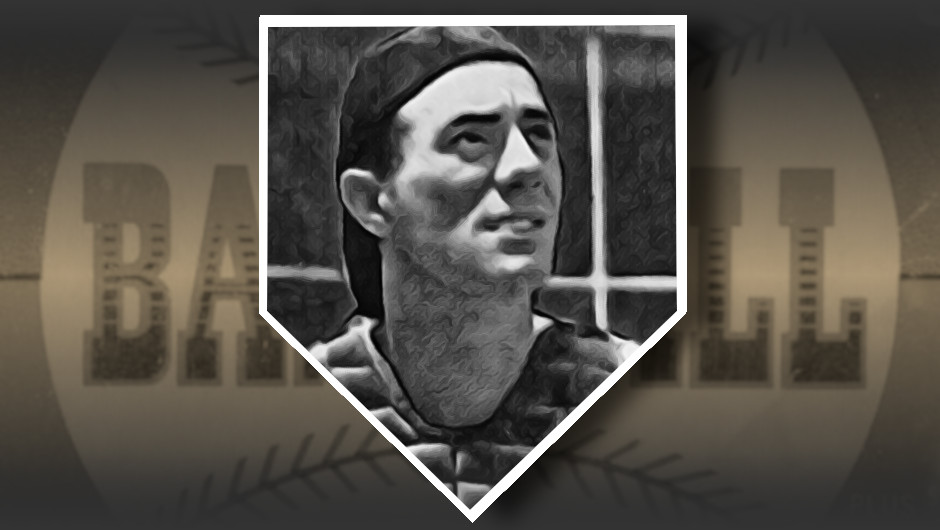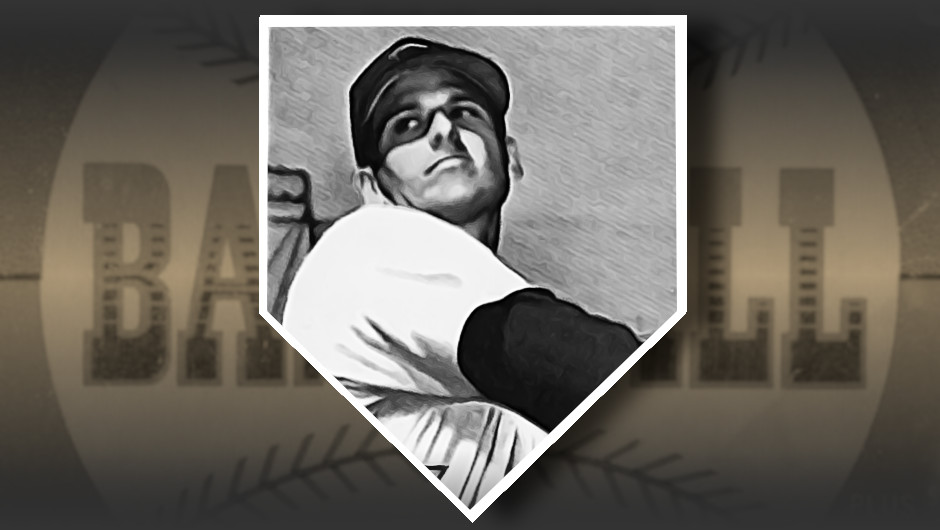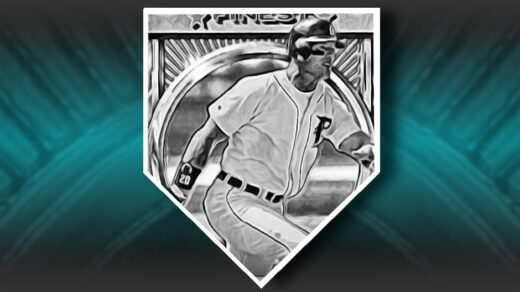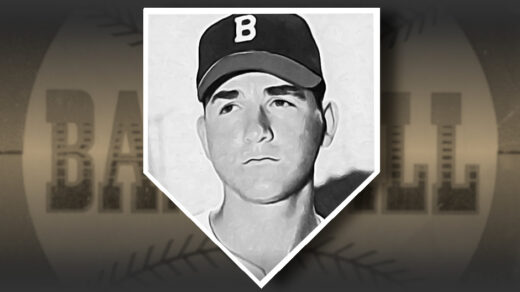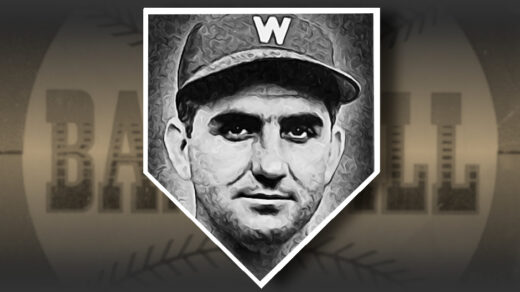Compensation in baseball has always been an odd subject. It is almost never straightforward (i.e. I’ll give you X dollars in exchange for playing N number of games). There are performance clauses, minimum playing times, percentages of the gate, and signing bonuses. Passing the hat in order to augment a player’s salary wasn’t out of the ordinary if one goes back far enough in the sport’s history. A common occurrence in big league ballparks prior to the 1950s, teams would often designate certain home games as being in honor of specific players. These events would include some sort of speech, perhaps a player-related theme, and some sort of valuable gift. Chicago Cub Phil Cavarretta, for example, was just one year into his career when he was presented with a car (and a shotgun!) during one of these ceremonies.
These events helped tie the local fan base to hometown favorites and would sometimes be organized in response to individual needs. Bob Usher was a 24-year-old in 1949 playing minor league baseball for the International League’s Syracuse Chiefs. He did well for the team, playing in 141 games that season. When the team learned that one of his newborn twin daughters needed heart surgery they organized “Bob Usher Night” to provide funds for the operation.
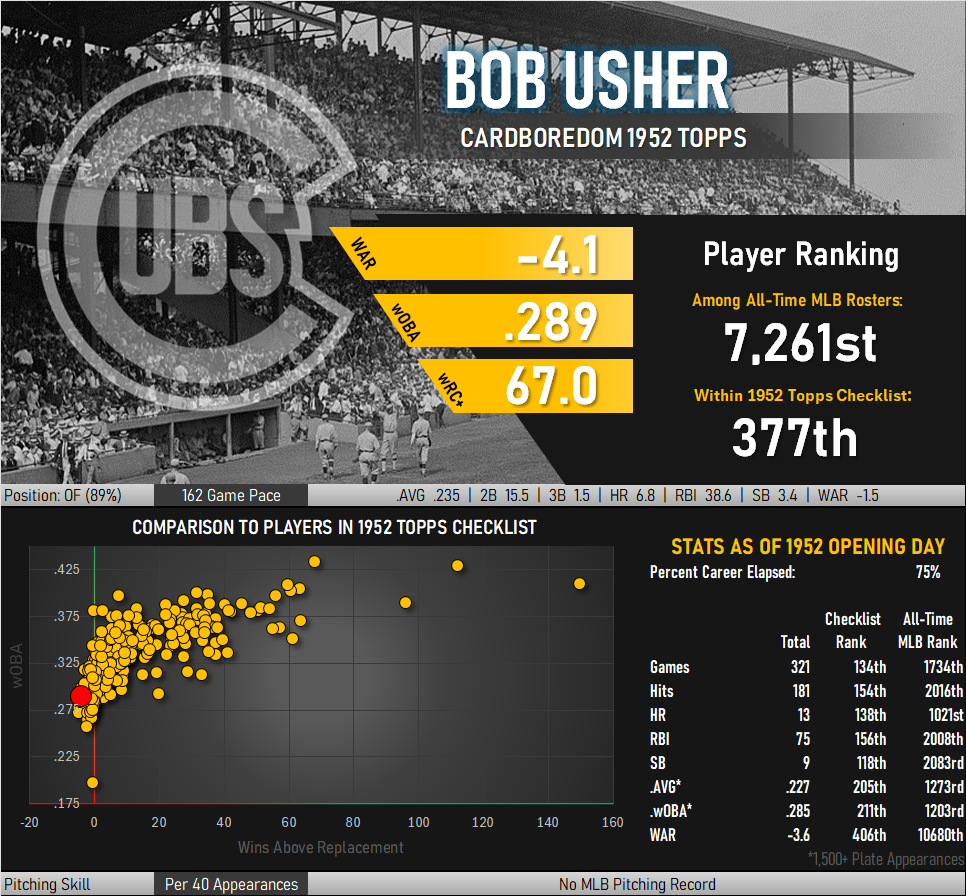
Usher was a speedy ballplayer. He had the second fastest 60-yard dash time in a Purdue University track event for Major League players, finishing just behind Jim Russell. Ultimately he didn’t hang onto his big league roster spot, playing sporadically throughout the 1950s. He is pictured in the ’52 Topps set as a member of the Chicago Cubs, though that is actually a retouched photo of him in a Cincinnati Reds uniform on card #157. It doesn’t matter, as he walked in his only plate appearance for the Cubs. He spent the rest of 1952 in the minor leagues and wouldn’t return until the Senators took a chance on him in 1957. Topps skipped over Usher in its 1953-1957 issues, eventually putting out a card in the 1958 set.
